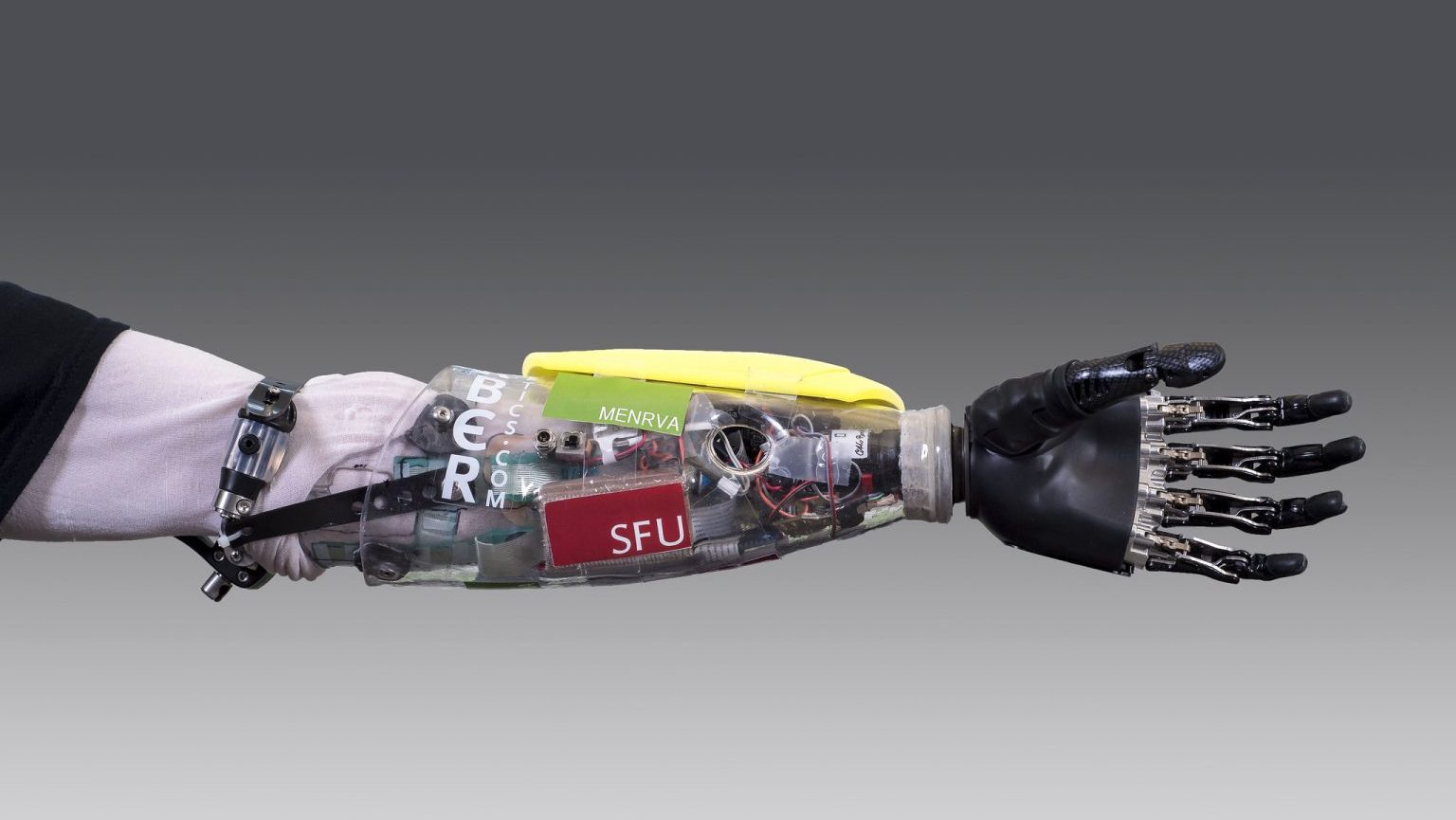Dave Stewart on the mobilizing forces of technology.
This series brought to you by Dell and digitalnomads.com
rnrn
Dave Stewart: Hi. I'm David AllenrnStewart, and I'm a cultural engineer. rn
rnrnrnrn
Topic: ThernInternet.
rnrnrnrn
Dave Stewart: Well, the Internet right about 12 years ago was a revelation when Irndiscovered what it did. And myrnimagination leapt into, like, what it possibly could do, and would do. And right about 1995, '96 maybe, Irncreated my own sort of version of a YouTube channel called Sly Fi, the Sly Fi Network, I called it. rnAnd I was running around telling everybody, "Oh, this is it. Look, we can all have our own T.V.rnchannels."
rnrnrnrn
And I made all these crazyrnprograms with Damian Hernst and The Edge, Bono, and Deepak Chopra, and I hadrnthem up, you know, but the trouble was, it was only about, you know, 100 peoplerncould see them because they had Broadband, and they loved them, they were goingrn"hurray! This is the newrnway! It's the future world,"rnand all that stuff, but not enough sustainability to keep it going. And then I was-- I think I was probablyrnthe first person to put out a total digital release album, which I also called SlyrnFi. And the company that I did it with, they were very forwardrnthinking and they realized everybody was going to want to just download stuffrnand so I said, "Okay, let's not release this as a physical product." This is back in 1996 or something.
rnrnrnrn
Dave Stewart: Well, let's rewind back to 1982, you know, where Sweet Dreams came out and we were using technology then in arnway. I drove with this friend ofrnmine about 200 miles to this place where a guy had made a prototype of a drumrncomputer, a little screen, and you could actually-- it was black and white. Itrnlooked like a little Siloscope, you know, and you could actually program a beatrninto it. Now, this was arnrevelation and I was so excited about the idea of this.
rnrnBut, again, being sort ofrnsomebody who has a sort of vision about, "Oh, what would that leadrnto? And what would that leadrnto," I realized straight away, okay, everything is going to change andrnpeople are going to make records in their bedroom, or wherever they want, becausernthey don't need to have these great big studios anymore to make a certain kindrnof music, obviously for orchestras and stuff, and bands playing loud. And I found that every exciting. I did a lot of interviews at the time,rnand it spawned a lot of young artists going, "Oh, great, yeah, Irnunderstand I can go in my bedroom and I can write a song."
But the long tale of thernartist is something that's yet to really be unleashed because it took ages forrnfilm companies and record labels to realize, you know, that piece of film of BobrnDylan talking to Allen Ginsberg, stoned, you know, poetry, is actually a valuablernthing that lots of Dylan fans would love. rnBut CBS was like, "What the hell are we going to do withrnthis?" Now, all artistsrnhave-- and creators and filmmakers and scriptwriters, and everybody, have a bigrnproblem that everybody is trying to work out about what's the transactionalrnmodel, what's the revenue streams, how do we get transparency, what about if werngive this stuff and it happens like the last time where some great big sort ofrncorporate company goes, "Oh, yes, we own all this and whatever else you dornforever and ever, even if you go insane. rnPlease sign here."
rnrnrnrn
And what's exciting about--rngoing back to your question about how it's changed and how it's changed the wayrnyou think about what you're doing, is I see a world of transparency coming thatrnis going to be impossible to stop. rnIt's like a juggernaut, you know, people want to know what's going on.
rnrnrnrn
And there's no reason whyrnthey shouldn't because, now, with cell phone technology and Internet, and sornforth, you should be able to say, "Oh, I see, I buy this, and this personrngets paid that, and that person gets paid that, and the person who created itrngets paid that, and the person who…" rn
rnrnrnrn
Dave Stewart: I was really a student of arnguy called Conny Plank, who was a German producer who worked with Craftwork inrnCannes and he was already far ahead of anybody, you know, he produced Devo andrnbands like this and he taught me really what recording is all about, and hernalso taught me things to do, even before looping, you know, or sampling. He was creating these big tape loopsrnand playing with everything like a collage.
rnrnrnrn
He really let me understandrnthat, "Listen, whatever anybody says the rules are, there are nornrules. And you can just dornwhatever you want and if it sounds fantastic to you, then you do it." So he was, like, a really big influencernand a kind of mentor at the time.
rnrnrnrn
Dave Stewart: At the moment, there's a wonderful Indian composer calledrnA R Raman, now he's soldrnabout 300 million cassettes in India, and you can imagine, you know, there's arnlot of bootlegging goes on in India, so he scored hundreds of movies and he'srnstill only about, I don't know, 38 or 40 years old. And I'm sending files backwards and forwards to him to Indiarnand we're collaborating on something. rnThen I'm collaborating via a chap in Hong Kong, Hans Ebert, looking for a Chinese girl to do a duet with, to bernin my video, which he'll film against green screen, and I'll put her in arncomplete out of context song with me.
I'm doing all these thingsrnall day long as part of my sort of creative inquisitive nature, and I have nornrhyme nor reason why and how this would come out in a commercial way, like,rn"Oh, yes, and now I'm going to make a pop video like this." It's just part of something.
rnrnrnrn
rnrnrn





